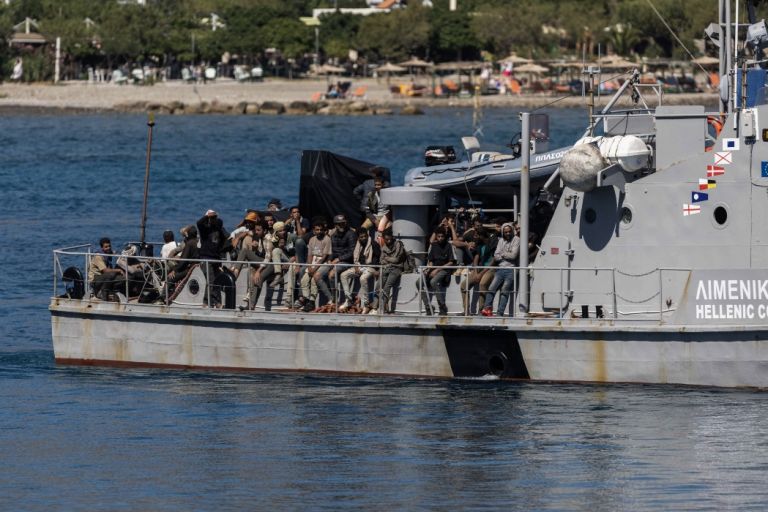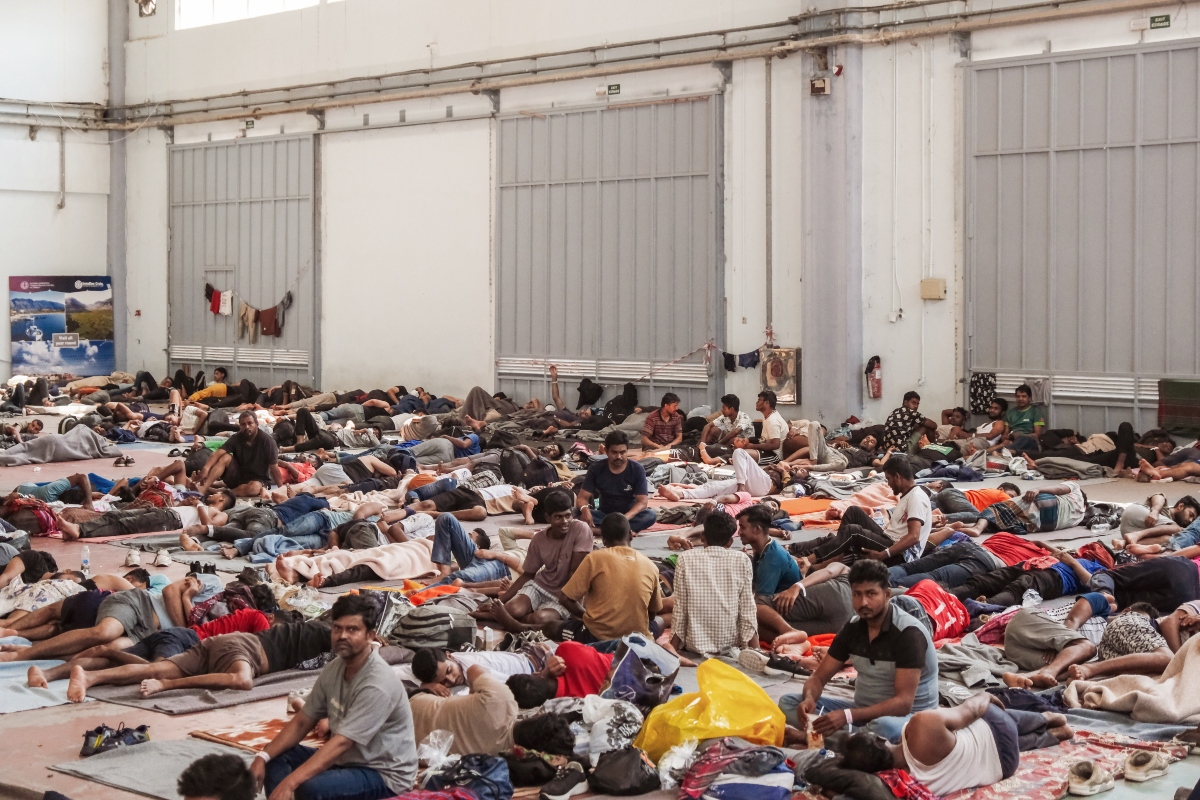Crete Halts Migrant Arrivals with Tough New Policy: No Landings in Two Weeks

Πηγή Φωτογραφίας: eurokinissi//Crete Halts Migrant Arrivals with Tough New Policy: No Landings in Two Weeks
After months of mounting pressure from rising irregular arrivals by sea, the Greek island of Crete has recorded zero migrant landings in the past two weeks—a dramatic shift following the government’s suspension of asylum rights for those arriving from North Africa.
The crackdown, launched on July 11, has sharply reduced landings from Libya, which had become a key departure point for smuggling operations targeting Greece’s southern coastline. The three-month suspension of asylum processing, announced by Migration Minister Thanos Plevris, applies specifically to irregular sea arrivals from that region.
From Chaos to Control: A Sudden Stop in Crossings
The change in policy followed a surge of 2,000 arrivals on July 6, which overwhelmed local authorities and filled Chania’s detention facilities, with around 900 migrants held at one point.
Between July 11 and 25, a total of 13 boats carrying 843 people arrived. But since July 25, not a single vessel has landed, according to Hellenic Coast Guard reports.
Local officials credit the halt to the government’s toughened stance. “Our new policy is for illegal entrants to be arrested and not allowed to apply for asylum,” said Deputy Mayor of Chania Eleni Zervoudaki. “From the moral side it’s illegal and not right, but I understand the government is searching for a way to stop illegal immigration.”

Legal and Human Rights Concerns Emerge
The policy has sparked sharp criticism from human rights organizations, legal experts, and migration advocates. Katerina Drakopoulou from the Greek Council for Refugees labeled the measure “completely against European, international and Greek law,” and accused the government of criminalizing asylum seekers—especially those forced to steer boats under duress.
Still, Deputy Migration Minister Sevi Voloudaki defended the measure as a temporary emergency action to protect national security and prevent abuse of the asylum system.
“Those who refuse deportation may face up to five years in prison,” warned Minister Plevris, signaling a zero-tolerance approach modeled after Australia’s 2013 ‘stop the boats’ initiative, which drastically reduced maritime arrivals.
Source: pagenews.gr






Το σχόλιο σας